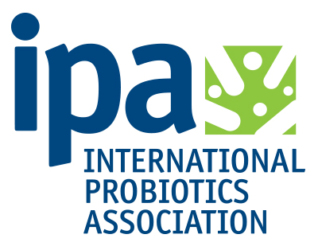


By Clare Fleishman, MS, RD, for the International Probiotics Association
Vaccines, A Snapshot
As defined by the CDC, a vaccine is a product that stimulates a person's immune system to produce immunity to a specific disease, protecting the person from that disease. The smallpox vaccine was the first vaccine to be developed, back in 1796. Since then, numerous vaccines have been deployed against life-threatening diseases. Immunization currently prevents 2-3 million deaths every year from diseases like diphtheria, tetanus, pertussis, influenza, and measles.
References
Ciabattini, Annalisa et al. “Role of the Microbiota in the Modulation of Vaccine Immune Responses.” Frontiers in microbiology vol. 10 1305. 3 Jul. 2019, doi:10.3389/fmicb.2019.01305
NOTE: WholeFoods Magazine is a business-to-business publication. Information on this site should not be considered medical advice or a way to diagnose or treat any disease or illness. Always seek the advice of a medical professional before making lifestyle changes, including taking a dietary supplement. The opinions expressed by contributors and experts quoted in articles are not necessarily those of the publisher or editors of WholeFoods.
